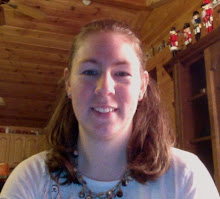Making dialogue distinct between characters is sometimes tricky. You want your primary and secondary characters to have their own way of talking. Sometimes you want a whole group to have a way of talking that is different from those outside the group, such as a street gang or a culture new to one of the characters.
Slang is one of the ways to enhance dialogue without resorting to a great deal of dialect phonetics. Now some dialect words have become common enough that they are easily translated like "Whatcha gonna do?" But sometimes it can be confusing. To suggest dialect without writing as much out, make use of a few easy-to-understand phonetical words and a scattering of slang words and phrases.
When choosing slang, don't dump everything in that you know. It can be too much, and you may not understand the terms as well as you think you do. Be selective. Some terms might be common to a group, while others can be specific to a character.
If you want to add flavor with slang or just understand popular terms better, check out this great resource: The Slang Dictionary. You can search through general slang or go to one of the specific categories like the Lexicon of Thieves' Cant. They also have links to some other specialized dictionary sites such as the Urban Dictionary and 60's Slang.
Subscribe to:
Post Comments (Atom)








1 comments:
Slang is definitely a good way of bringing more flavour into a conversation. It also is a good technique in characterisation, brings in a mood and atmosphere, and gives a sense of history or time period, if the slang is dated or particular to a culture or group of people.
Jai
Post a Comment